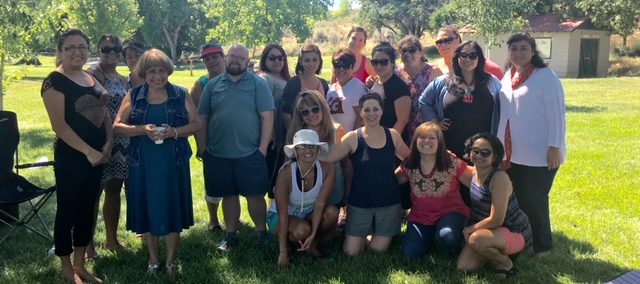Domestic violence affects all of us and can happen to anyone regardless of race, culture, ethnicity, religion, sexual orientation, gender identity, age, or economic status. Every culture has elements that condone domestic violence and elements that resist it. Each of us has a role to play in creating a world that allows everyone to live and love without fear.
What is domestic violence?
Abuse is a pattern of behavior that one person uses to gain power and control over the other. These behaviors can include:
- isolation from friends and family
- emotional abuse
- monitoring
- controlling the finances
- physical and sexual assault
The fundamental harm of abuse is a loss of autonomy. Autonomy means independence and freedom from external control. Everyone should be free to make their own choices in relationships.
How do I know if it is abuse or just a bad relationship?
In some ways, it doesn’t matter if it’s abuse or not—if someone is being hurt or controlled, they deserve better. But it is helpful to know if it is abusive for a couple of reasons:
- You might need some help from a local domestic violence program or hotline.
- You will need different strategies to address safety and privacy concerns.
People who are abusive to their partners believe that:
- they have a right to control their partner,
- their bad behavior is justified, and
- their partner is to blame for the problems in the relationship.
They also may manipulate others by:
- Confusing people by saying that they are the victim. This makes it harder for their partner to get support and be believed.
- Using systems to limit their partner’s options. For example, calling the police to get their partner arrested or getting Child Protective Services (CPS) involved to question and undermine their partner’s parenting. This entangles survivors in those systems and makes it hard to access that help in the future.
What can I do to support someone experiencing abuse?
These three strategies show your willingness to show up and support someone. You don’t need to be an expert or have all the answers. Just being there and available is what people have told us helps most.

Ask a Question

Listen Up

Stay Connected
Domestic violence is complicated, but help is available. You can talk with an advocate anytime (you don’t have to be in crisis) to sort out how to help someone who is in an abusive relationship or to get help yourself. Call, chat, or text the National Domestic Violence Hotline or reach out to your local domestic violence program for support.
Learn more
There is much information about domestic violence and help that is available. Explore our Resource Library and project pages for topics that interest you.
